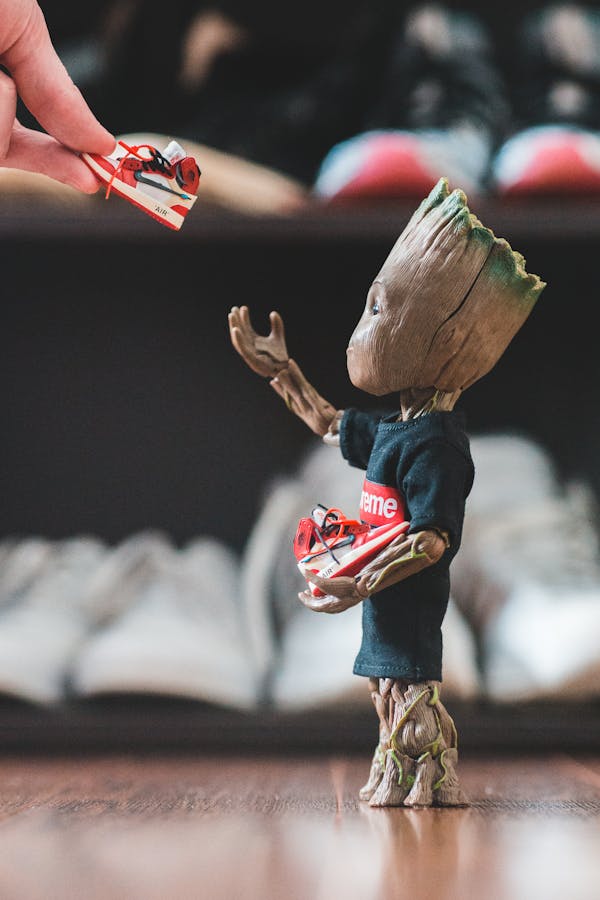Health and fitness have become integral components of modern lifestyles, pursued by millions worldwide in pursuit of well-being and vitality. But where did this fascination with physical wellness originate? To truly understand the roots of health and fitness, we must embark on a journey through time, exploring the historical, cultural, and philosophical foundations that have shaped our modern understanding.
Ancient Beginnings
The pursuit of health and fitness traces back to ancient civilizations where physical prowess was often linked to societal status and survival. In ancient Greece, the concept of a sound mind in a sound body, encapsulated by the phrase “mens sana in corpore sano,” epitomized the holistic approach to well-being. Greek philosophers such as Plato and Aristotle emphasized the importance of exercise and balanced living for optimal health.
Similarly, ancient Indian civilization developed Ayurveda, a holistic system of medicine that emphasizes the interconnectedness of the body, mind, and spirit. Yoga, a central component of Ayurvedic practices, promotes physical strength, flexibility, and mental clarity through a series of postures, breathing exercises, and meditation techniques.
Medieval and Renaissance Influences
During the medieval period, the focus on physical fitness waned as societal priorities shifted towards survival and religious piety. However, the Renaissance witnessed a revival of interest in the human body and its potential. Renaissance scholars such as Leonardo da Vinci and Galileo Galilei made significant contributions to the understanding of anatomy and physiology, laying the groundwork for modern medical science.
The Industrial Revolution and Rise of Modern Fitness
The Industrial Revolution brought about profound changes in lifestyle and work habits, leading to widespread concerns about the deteriorating health of the population. This period saw the emergence of organized sports and recreational activities as a means to counteract the sedentary nature of urban living. Gymnasiums and athletic clubs became popular gathering places where individuals could engage in physical exercise and socialize.
The late 19th and early 20th centuries witnessed the birth of the modern fitness movement, driven by pioneers such as Eugene Sandow, often referred to as the “Father of Modern Bodybuilding.” Sandow popularized the notion of physical culture, advocating for strength training and muscular development as essential components of health and vitality www.violencepreventionnb.org/.
The Fitness Industry Today
In the 20th century, advancements in science and technology revolutionized the field of health and fitness. From the introduction of calisthenics and aerobics to the proliferation of home exercise equipment and digital fitness apps, individuals have access to a wide array of tools and resources to support their fitness goals.
Moreover, the rise of social media influencers and celebrity fitness trainers has fueled a global fitness culture, inspiring millions to adopt healthier lifestyles and prioritize physical activity. The fitness industry has expanded exponentially, encompassing everything from boutique gyms and wellness retreats to online coaching programs and wearable fitness trackers.
Conclusion: A Holistic Approach to Well-being
The origins of health and fitness are deeply rooted in human history, spanning cultures and civilizations. From ancient philosophies to modern scientific advancements, the pursuit of physical wellness has evolved over millennia, driven by a fundamental desire for vitality and longevity.
Today, as we navigate the complexities of modern life, the importance of maintaining a balanced approach to health and fitness cannot be overstated. By embracing exercise, nutrition, mindfulness, and self-care practices, we can cultivate a holistic sense of well-being that encompasses not only physical fitness but also mental, emotional, and spiritual health. In doing so, we honor the timeless wisdom of our ancestors while charting a course towards a healthier, happier future.




